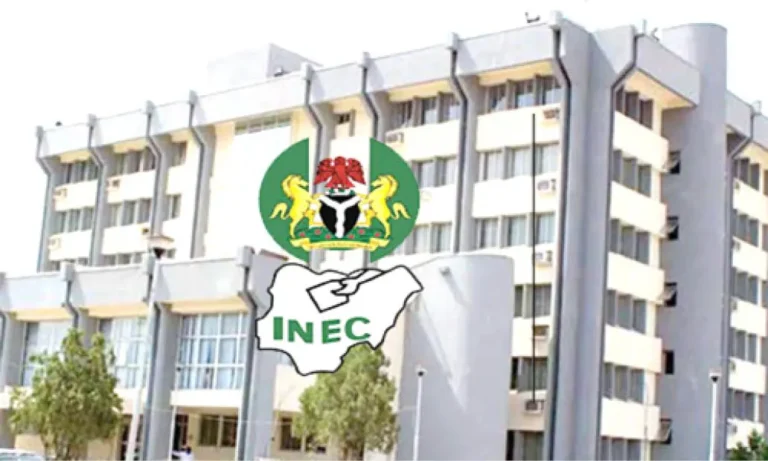
₦400 Billion Subsidy Savings: Assessing the Impact on Nigerians
Since May 31, 2023, the Federal Government of Nigeria has saved over N400 billion as a consequence of the elimination of the subsidy on Premium Motor Spirit, often known as gasoline, oil marketers reported on Thursday.
The recent removal of the fuel subsidy in Nigeria’s downstream oil sector has generated significant savings for the federal government, amounting to approximately ₦400 billion. This development has sparked a range of reactions from industry stakeholders, with some expressing concerns over the loss of government revenue, while others acknowledge the relief this brings to taxpayers. As we delve into the aftermath of this subsidy removal, it is essential to assess the impact it has had on the lives and living standards of Nigerians.
Where has the ₦400 billion gone?
One critical question that arises is where exactly the ₦400 billion savings from the subsidy removal have been channeled. Has it been reinvested into infrastructure development, healthcare, education, or other critical sectors that directly impact the lives of Nigerians? The government owes its citizens a transparent account of how these funds have been used.
Impact on the lives of Nigerians
The primary concern must be how the subsidy removal and subsequent savings have improved the lives of ordinary Nigerians. Have these savings translated into tangible benefits for the people, such as improved public services, reduced poverty rates, or enhanced social welfare programs? It is essential to examine the direct impact on the citizens and ascertain whether their daily struggles have been alleviated.
Living standards and fuel prices
While proponents of subsidy removal argue that it will lead to more affordable fuel prices in the long run, it is crucial to scrutinize the present state of affairs. Have the removal and subsequent savings had any immediate impact on fuel prices? How has this affected the cost of transportation, food prices, and the overall cost of living for Nigerians, particularly those in low-income brackets? Understanding the immediate consequences will enable us to evaluate whether the expected long-term benefits are being realized.
Refinery optimization and import licenses
The commitment to rehabilitating and optimizing Nigeria’s refineries, as well as facilitating import licenses for petroleum products, is commendable. However, Nigerians need assurance that these efforts will yield positive results. What concrete steps have been taken so far, and what is the timeline for achieving substantial progress in refinery operations? Are import licenses being granted in a transparent and fair manner? Clarity on these matters is crucial for engendering trust and ensuring the effectiveness of these measures.
Exchange rates and the value of the naira
The impact of exchange rates on fuel prices cannot be underestimated. As suggested by industry stakeholders, the strengthening of the naira through enhanced foreign exchange earnings will play a vital role in maintaining affordable fuel prices. How are the government’s efforts to boost foreign exchange reserves progressing? Are policies in place to ensure transparency and accountability in the management of these reserves? These questions must be addressed to gauge the effectiveness of these strategies in achieving their intended outcomes.
The removal of the fuel subsidy and the resulting ₦400 billion savings undoubtedly present an opportunity for Nigeria’s economic development. However, it is imperative to critically assess the impact of these measures on the lives and living standards of Nigerians. Transparency in the utilization of these funds, tangible improvements in public services, affordability of fuel and essential commodities, and progress in refinery optimization and import license facilitation are crucial factors that will shape public opinion and determine the success of this policy shift. As we move forward, let us ensure that the welfare of the Nigerian people remains at the forefront of all decision-making processes.







